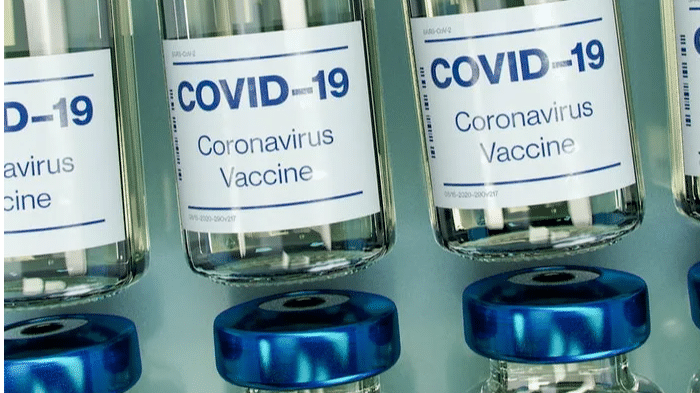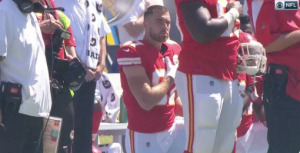Pfizer and BioNTech announced on Thursday they would seek authorization for a third dose of their COVID-19 vaccine to boost its efficacy at a time when the Delta variant is driving devastating outbreaks in Asia and Africa and pushing up cases in Europe and the United States.
First discovered in India, the Delta variant is the most infectious strain of the virus since the beginning of the pandemic in 2020. It drove the devastating second wave of the pandemic in India and has since spread to other countries.
Also Read | Amid criticism, FDA says only people with mild dementia will use Alzheimer’s drug
Now, the variant is accelerating outbreaks even in countries with higher vaccination rates.
This has led the World Health Organization (WHO) to warn countries that the world was at a ‘perilous point’ as the official global death toll surpassed the four million-mark.
The UN body’s chief Tedros Adhanom Ghebreyesus has warned rich countries against complacency as the Delta variant is making itself felt even in places which have seen robust vaccination drives.
Also Read | Wall Street stocks tumble as worries about Delta variant, global growth rise
Pfizer and BioNTech said they expect that a third dose of their vaccine will perform well against the Delta strain, and that they will be seeking authorization in the United States, Europe and other regions in coming weeks.
Preliminary data from an ongoing trial showed that a third shot pushed antibody levels five to 10 times higher against the original coronavirus strain and the Beta variant, first found in South Africa, compared to the first two doses alone, according to a statement.
Also Read | California asks residents to reduce water use amid drought emergency
The companies said they expect similar results for Delta but added they are also developing a specific vaccine against the strain.
Pfizer and BioNTech’s statement came hours after Japan, where the strain currently accounts for nearly 30% cases, banned spectators for Olympic events in Tokyo and declared a state of emergency throughout the games. The decision comes two weeks before the opening ceremony.







